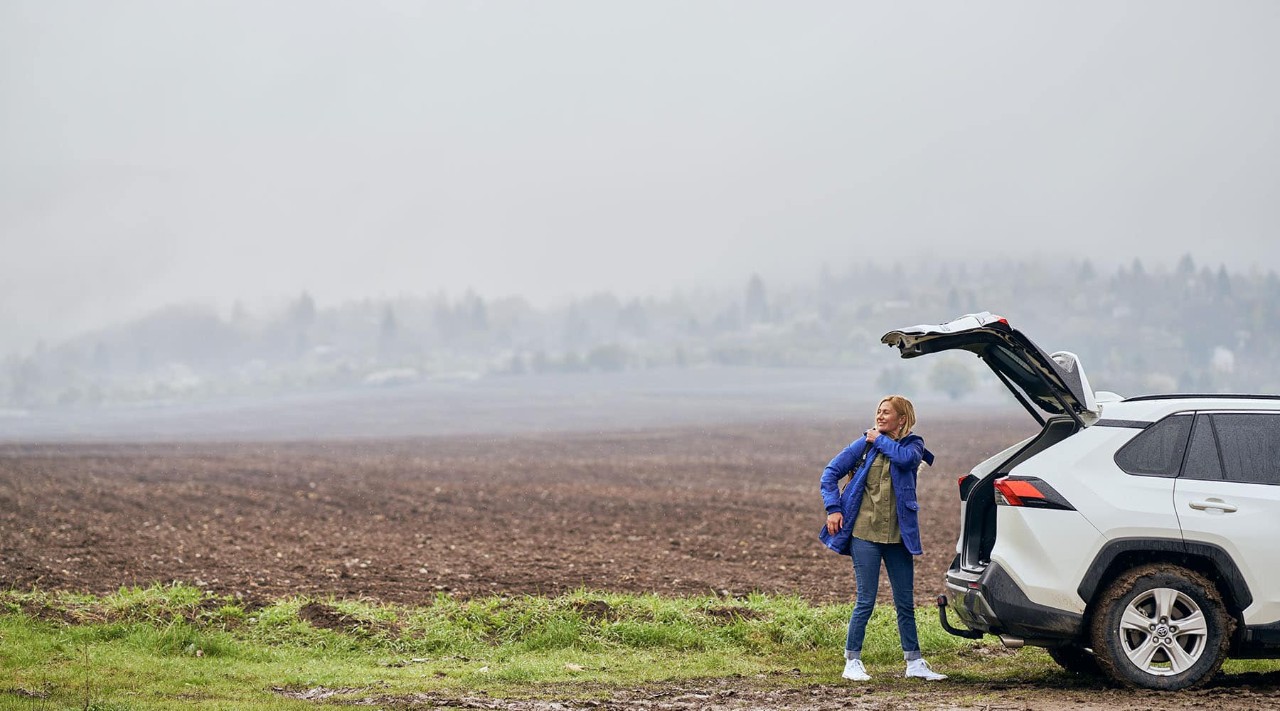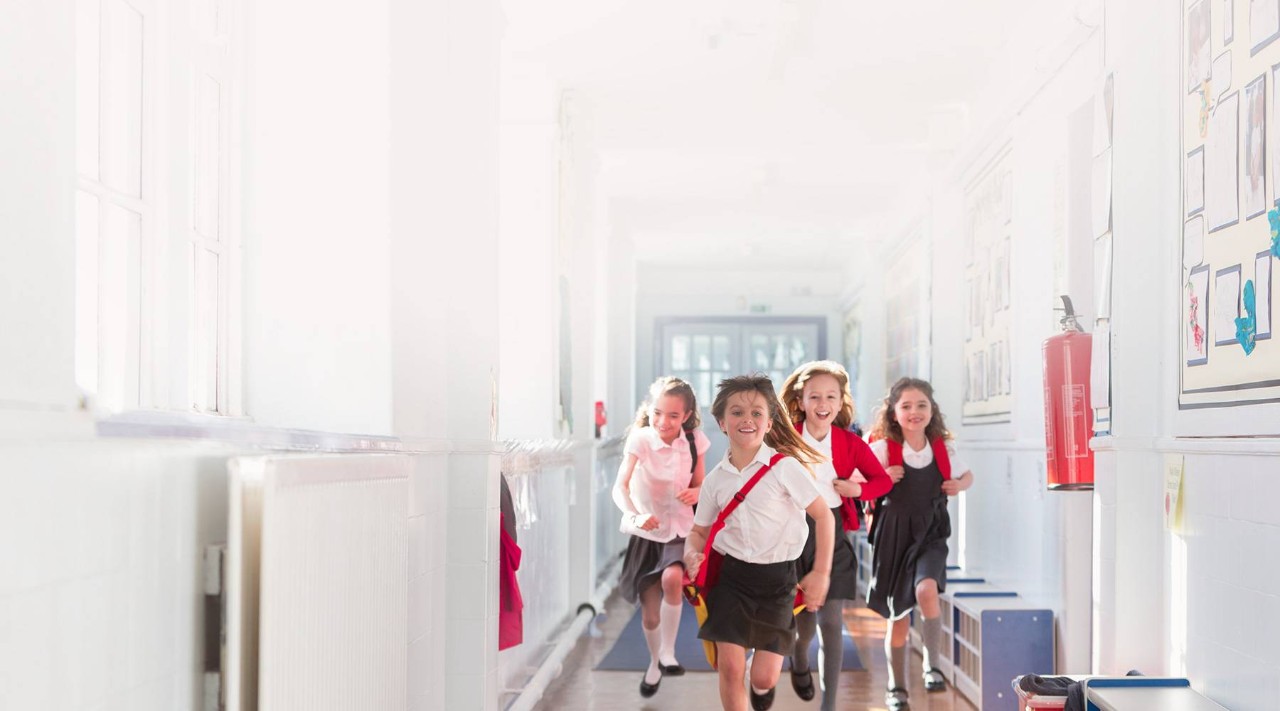Supervision of Pupils
Overview
Supervision of pupils is by far the most difficult challenge facing schools and teachers and, it has to be said, is the single largest source of claims. The source of the liability of the Board and the teacher is incurred under Common Law, which is based upon judicial decisions and precedents in previous cases. The primary liability attaches to the person or persons in breach of that Duty of Care which is, in the main, the teacher.
Legal liability for accidental injury or damage incurred by the teacher is covered by the Custodian School Protection policy issued to the Board.
What is the extent of the teacher’s duty of care?
The measure of duty placed on the teacher is “to take such care of his/her pupils as a careful parent would of his / her children”. This legal principle is known as “in loco parentis” (in the place of the parent). The degree of supervision required of the teacher will vary with the circumstances and especially the age of the pupil.
In other words, the nature of the activity being supervised and the age of the pupil will dictate the extent of the teacher’s duty of care.
A higher standard of care is required for very young children and the law holds children of very tender years incapable of contributory negligence.
What have the courts said?
Some judicial comments:
1. If every teacher is to take precautions to see that there is never ragging or horseplay among his pupils, his school would indeed be too awful a place to contemplate.
2. If a school teacher knows, or ought to know, that a game is being played in a dangerous manner, or in an unsuitable place likely to make it dangerous he is negligent if he does not take proper steps to prevent danger.
3. Careful supervision is essential and the persons having charge of the school are bound to see that there is supervision of the playground during play intervals. It is the duty of the principal teacher to see that the playground is clear and not a source of danger to children playing there.
Does the law require constant supervision?
The courts have held that constant and individual supervision is not necessary and the responsibility of the teacher is that of reasonable care.
The proper level of supervision in any particular instance will be a matter for the Board and / or teaching staff. In considering the proper level of supervision, the person responsible will have to consider the age, maturity and number of pupils under his/her control as well as the topography of the area in which supervision takes place.
How do the courts interpret the law?
Who should supervise?
What then is the correct level of supervision?
There is no simple answer. In considering the correct level of supervision the age, maturity and number of pupils must be considered as well as the activity being undertaken and the topography of the area in which the supervision takes place.
The most common types of accidents, under this heading, are as follows:
(a) One pupil injures another while a teacher is out of the room for a few seconds or minutes.
(b) A pupil is injured whilst using a piece of equipment (woodworking or metalwork) whilst the teacher is not watching him/her. (In this regard explicit instructions must be given for the use of such equipment.)
(c) A pupil is injured whilst ‘playing’ in the school playground during break or lunch time. Either the game is too robust and dangerous or there are not enough teachers to provide an adequate level of supervision. Supervising through a window inside the school is inadequate and indefensible in a legal action.
(d) On wet days when pupils are confined to their classrooms, supervision should not be carried out on a random basis. Each classroom requires supervision.
(e) Pupils should never be left unsupervised in a gymnasium or sports hall, particularly where there is equipment such as trampolines, trampetts and vaulting horses available. Strict instruction must be given to all pupils in relation to how and when such equipment should be used.
What about pupils leaving the school during lunch or on other occasions?
The general rule is that school authorities should know where all the pupils are at all times. If pupils go home for lunch, the parents should be asked to sign an authorisation note and the following wording is recommended:
“This is to acknowledge that we have requested the Board of Management and Teachers to allow ourchild (or children) (...name(s)...) to leave the school premises at lunch time. We are aware that someaccident may befall the child on their way from or on their return to the school and we hereby absolveand release the Board of Management and Teachers from all claims of every nature and kind in respect of any injury or loss or accident which may be suffered by the child during lunch time.”
The form should be addressed to the school, indicate the names of the pupil or pupils, signed by the parents and dated.
What about games?
When considering indoor games such as indoor football etc., the number of players involved must be carefully considered so that pupils are not placed at any risk over and above the normal hazards of the sport.
Teachers should ensure that all pupils participating in sports use relevant safety equipment e.g. helmets should be worn when hurling and cycling, gum shields should be used when playing football, hurling or rugby etc.
Any other equipment which may reduce the likelihood or severity of injury must be recommended and used.
When considering swimming or any games played away from the school, ensure that transport is provided for all the pupils to and from the venue. Your responsibilities to supervise do not diminish because pupils are elsewhere than on home ground.
When does the school accept responsibility to supervise?
The school and teachers have a duty to supervise at all times when pupils are in their charge. If the school allows access to the school before official opening hours then the duty to supervise applies.
Likewise, whilst pupils are on the premises after hours a similar duty applies.
But surely the school cannot be responsible for pupils left by their parents early morning or after finish of school?
Can the school do anything about it?
As we have said, this is a dilemma which offers little relief for the school. However, there is some
mitigation which can be made. We recommend that a note is sent to all parents at the beginning of term advising them of the hours at which the school can accept responsibility for their children. This is in the nature of a disclaimer which we have discussed earlier in Chapter 4 - Safety in the School. A recommended wording is as follows:
CIRCULAR
“The school will open to receive pupils at the hour of 8.45 a.m. No responsibility is acceptedfor pupils arriving before that time. Classes will commence each day at 9.15 a.m. No pupilsshould arrive later than 9.10 a.m.
Classes will end each day at 3.30 p.m.. Parents who wish to have their children escorted home should make their own arrangements to have them met at the school gate and the person to escort them should be at the school not later than 3.30 p.m. as the school cannot accept responsibility for looking after the children after that time.”
NOTE: The times shown are for the purposes of example only. When issuing such a circular youshould insert the actual times which are in operation for your school.
What about the School Transport System?
Schools are not party to the School Transport System and the fact that the pupils are conveyed to or from school by bus does not impose any additional obligations on the school or teachers.
As we have stated, it is important that parents are aware that no arrangement exists for the supervision of their children who arrive at the school, whether by school bus or otherwise, before the official opening time. A similar situation arises in respect of pupils who remain after school hours awaiting collection by the school bus.
In situations where teachers voluntarily adopt the practice of escorting pupils to and from school or the bus, they could be held to be liable if, having established the practice, they miss out for some reason or another or fail to do so in a careful manner. In the interests of both pupils and the school, a letter along the lines as suggested above and adapted as appropriate to meet particular circumstances, should be sent to all parents at the beginning of each term. In respect of the School Transport System it is suggested that the letter should include the following paragraph:
“In the case of children travelling by the School Bus, the school cannot accept responsibility for escorting them from the bus to the school or from the school to the bus. Parents who feel that their children may need to be escorted in these circumstances should make arrangements to ensure that some escort is provided.”
Does this apply to special schools who employ bus escorts?
The simple answer is no. In providing an escort, the school is accepting responsibility for the pupils from the time of escort. As it is organised by the Board it is a School Related Activity and receives the full protection of the policy.
We would recommend that escorts are vetted in accordance with procedures and in addition they should receive full instruction and training in the performance of their duties. There should also be a contingency plan to provide substitute escorts (who should also be vetted and trained) should the escort be unavailable on a particular day or days.
What about school trips and tours?
The normal laws of negligence apply, i.e. school management must take reasonable care for the safety of the pupils. To avoid liability, Boards will have to address two key areas: planning and supervision.
1. Planning
Proper planning of a trip involves choosing an appropriate venue, mode of transport and type of activity having regard to the age and capacity of the pupils. For example, a rock climbing expedition for 8 year olds would place too rigorous physical demands on the pupils exposing them to risk of injury irrespective of the level of supervision and would well constitute negligence.
2. Supervision
Adequate supervision is vital. Children will be more exuberant outside the confines of the school environment and consequently will be harder to control. Therefore, a greater levelof supervision will be required than that which is required on the school premises. Parents, as supervisors, should always be accompanied by a teacher as they may not have the necessary training to be effective and responsible supervisors and should be properly briefed on what is expected of them before the trip.
What about bullying and pupil to pupil assaults?
School management must now take a proactive approach to the issue of bullying. Under the Education Welfare Act, 2000, the Board must, in consultation with the principal, teachers, parents and the Educational Welfare Officer, prepare a Code of Behaviour which sets out the standards of behaviour which pupils are expected to observe.
The Code should also set out the school’s position on bullying, that it won’t be tolerated and the measures that will be taken when it arises. The Code should not then be left in a drawer and forgotten about. It should be applied every time a disciplinary matter arises. (See Chapter 8 - Liabilities of the Board of Management).
Where bullying does occur, school management must act immediately. However, fair procedures must be followed in every case.
The Code of Behaviour should also address school policy on internet and mobile phone usage and identify what is regarded as inappropriate usage.
Are there any restrictions on class numbers?
As we have pointed out earlier, Allianz does not seek to advise Boards what can and cannot be done in the educational process.
It is the responsibility of the Board to maintain classes at a level that allows effective supervision by a teacher. However, the Policy does not contain any restrictions in relation to class numbers.





